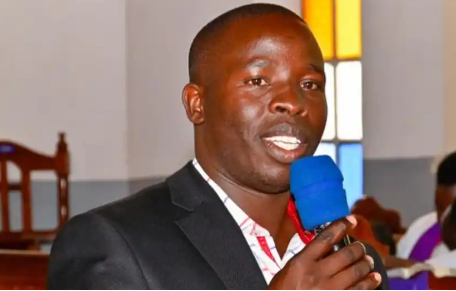Nandi Governor Stephen Sang has endorsed legislation allocating half of the county’s development budget to individual wards. The recently approved Ward Equitable Development Fund Bill entrusts Members of County Assemblies (MCAs) with the responsibility of managing the funds.
This legislative move follows allegations of discriminatory practices against specific wards. Under the provisions of the Ward Equitable Development Fund, MCAs will now receive equal allocations, enabling them to implement projects within their respective wards.
The legislation mandates that 50.0 percent of the annual development budget be earmarked for projects across the 30 wards. The remaining 50.0 percent will be retained by the county government for the execution of long-term initiatives.
Governor Sang, addressing the establishment of ward development fund committees, emphasized the adherence to legal parameters in fund distribution to ensure equity and transparency. He affirmed that the allocation process would prioritize community needs, allowing residents to determine priority initiatives such as schools and agricultural projects.
The funds are designated for diverse projects, including cattle dips, Early Childhood Development and Education (ECDE) classrooms, and other community development initiatives.
Walter Teno, the Leader of Majority in the county assembly, expressed enthusiasm for the fund, highlighting that each ward is expected to receive approximately KES 50.0 million annually. He underscored the opportunity for MCAs to actively contribute to community development decisions, a departure from previous executive-centric approaches, and reassured the public that measures would be in place to prevent fund misappropriation.
While celebrated as a significant victory for MCAs seeking greater control over the county development budget, the new law has faced criticism. Some argue that it may grant excessive power to MCAs, potentially leading to corruption. Governor Sang, however, has reassured the public of safeguards to prevent misuse of the funds.
The success of this legislative initiative remains uncertain, and only time will reveal its impact. Nevertheless, it represents a positive stride towards fostering more equitable development in Nandi County.


















